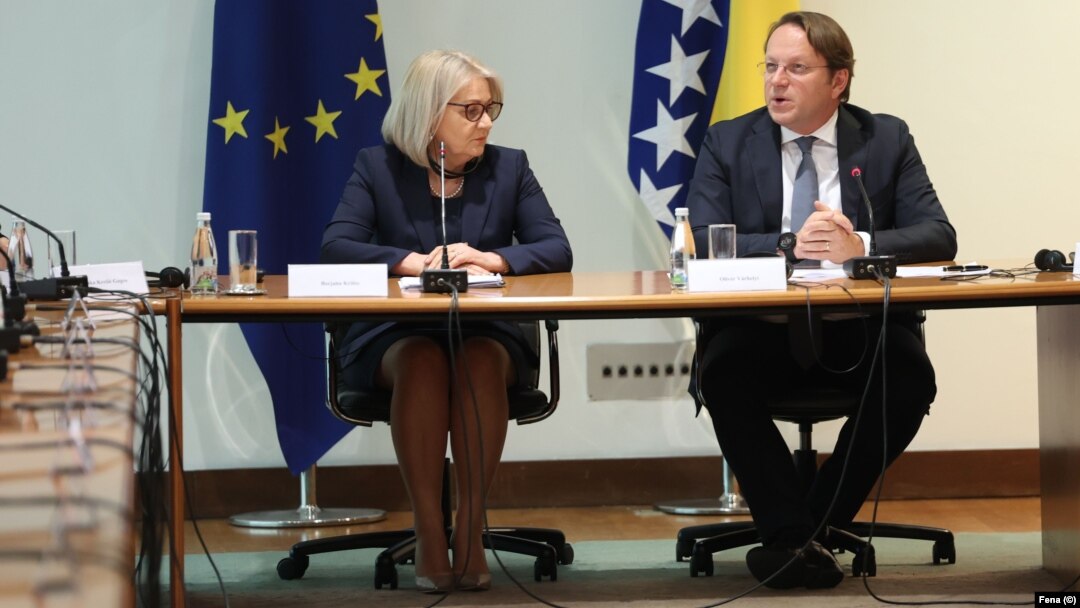In a crucial step for the European Union’s future policies, all candidates for European Commissioner positions, presented by the EU member states, underwent rigorous oral exams before the parliamentary committees responsible for their future portfolios. Last week, twenty candidates participated, and on Tuesday, six vice-presidents of the European Commission were also grilled. Some performed exceptionally well, while others faced more challenges.
As part of the five-year European Commission appointment process, European Members of Parliament (MEPs) auditioned each candidate nominated by the EU capitals to become commissioners. These candidates will oversee the direction of European policies for the next five years, making this one of the few moments when the European Parliament has significant influence over the overall trajectory of EU decisions. A total of 26 candidates were up for review, with Commission President Ursula von der Leyen already confirmed earlier.
Tuesday’s hearings saw widespread praise for Latvia’s former prime minister Kaja Kallas, who is nominated for the role of European High Representative for Foreign Affairs and Security Policy. Her testimony was lauded for its insightful perspectives on Russia and China, although she was somewhat evasive on Middle Eastern issues. Nevertheless, she received positive feedback, with her handling of geopolitical topics seen as strong. On the French front, Stéphane Séjourné (Renaissance), who lacks significant experience in economic matters, managed to avoid criticism from Socialist MEPs despite running for the position of European Commissioner for Economic, Commercial, and Financial Affairs. This suggests that the Socialist Party may cooperate with Renew’s centrists and the center-right European People’s Party (EPP) in coalition efforts.
However, two candidates, in particular, struggled during the sessions. Raffaele Fitto, the Italian candidate, faced heavy criticism from Green Party MEPs due to his affiliation with Giorgia Meloni’s far-right party, Fratelli d’Italia. Meanwhile, Olivér Várhelyi, the Hungarian candidate closely associated with Prime Minister Viktor Orbán, remains in a precarious position. Várhelyi is the only candidate from last week’s auditions whose fate remains uncertain. These two individuals do not belong to any coalition parties, which raises the possibility that their rejections may be politically motivated. Decisions on their appointments have been postponed to Wednesday, with the committees still deliberating on their approval.
The situation in Brussels has entered what some describe as a “balance of terror.” In essence, competency is no longer the sole determining factor in approving or rejecting a future commissioner. There is widespread concern among political parties that refusing the candidate from one party could lead to retaliation against one of their own candidates. Once candidates are confirmed, the European Parliament will no longer have the option to reject an individual commissioner, but can only vote on the approval or rejection of the entire College of Commissioners.
Each candidate’s oral exam lasts over three hours, with no assistance from their staff. The hearings are filmed and streamed online for citizens to watch and assess the candidates’ qualifications. During the session, candidates must present their program, demonstrate their European commitment, independence from lobbying influences, and expertise in the portfolio they seek, whether it’s in culture, finance, or digital affairs. Not everyone passes; in 2019, three candidates failed. Additionally, candidates must respond to written questions before the hearing. Their answers are also published on the European Parliament’s website. Once all auditions are complete, the Parliament will vote on whether to approve or reject the entire European Commission during a plenary session.
As the EU prepares for the next five years, the selection of the European Commission will be a defining moment for the Union’s leadership and its future policies. The outcomes of these hearings will have lasting implications for Europe’s political landscape.
This article is originally published on .rfi.fr







